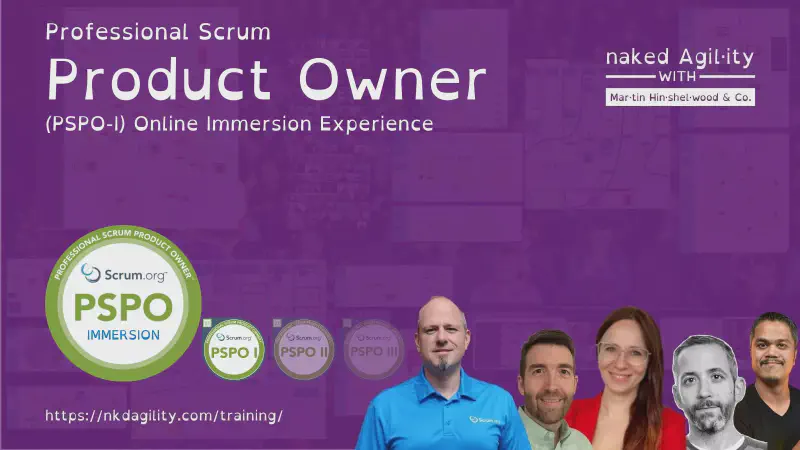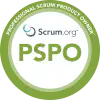Professional Scrum Product Owner (PSPO) Course with Certification
Our Professional Scrum Product Owner course helps students master the Product Owner role with real-world scenarios and practical exercises, enabling participants to drive product success using Agile principles and Scrum.

GOAL: 6 participants

Preordering grants you extra coaching, future discounts, and input on scheduling and format.
About Our Funding Model
Our funding model supports busy professionals by ensuring courses are fully funded and guaranteed.
Funding Mode
We proceed with courses only when the participant goal is met, ensuring value and support for everyone involved. Funds are only taken once the target is met.
Collaboration Benefits
Pre-ordering gives exclusive access to help shape the course’s start date, schedule, and format.
Get more information



























